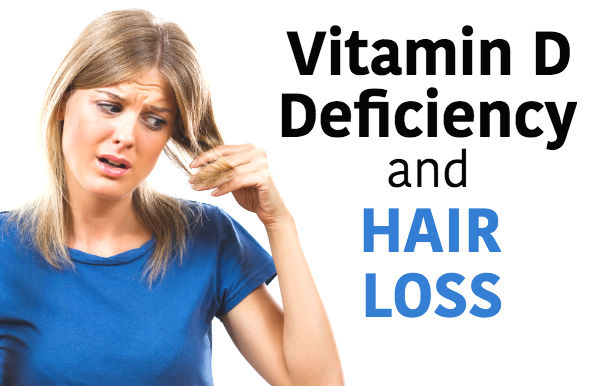

If hair damage is caused due to other conditions, hair growth supplements would not be sufficient to treat the problem. Alongside hair vitamins, a healthy and balanced diet is also required. Vitamins in hair growth supplements also help maintain overall body health. If the hair fall is a result of other medical conditions, such as thyroid disease or autoimmune diseases, hair vitamin supplements will not help unless the medical condition is treated. If there is hair fall or hair damage associated with a serious nutritional deficiency of certain vitamins or minerals, hair growth supplements can help in hair growth or regrowth. Hair fall and damage can occur due to genetics, hormones ( pregnancy), medications ( cancer medication), and other illnesses ( stress, thyroid disease, or autoimmune diseases). The hair may not be as brittle as it used to be, reducing hair breakage. The hair starts to appear shinier, moisturized, and healthier.

The supplements make the oil glands on the scalp get reactivated, which moisturize and nourish the scalp and hair. However, there are several other changes in the hair that can be seen after a few months of taking supplements. Normally, hair grows only half an inch a month, so even after taking supplements, it would take five to six years for a new strand of hair to reach shoulder length. Taking hair growth supplements does not produce results overnight it usually takes a long time (one to five years) to see results. Hair growth vitamins or herbal supplements are often used to promote healthy hair growth and regrowth.

Given the role of vitamins and minerals in the hair cycle and immune defense mechanism, large double-blind placebo-controlled trials are required to determine the effect of specific micronutrient supplementation on hair growth in those with both micronutrient deficiency and non-scarring alopecia to establish any association between hair loss and such micronutrient deficiency.Plain Language Summary: Plain language summary available for this article.Īlopecia Biotin Ferritin Folic acid Hair loss Vitamin A Vitamin B Vitamin C Vitamin D Zinc.Taking hair growth supplements does not produce results overnight Deficiency of such micronutrients may represent a modifiable risk factor associated with the development, prevention, and treatment of alopecia. Micronutrients such as vitamins and minerals play an important, but not entirely clear role in normal hair follicle development and immune cell function. A broad literature search of PubMed and Google Scholar was performed in July 2018 to compile published articles that study the relationship between vitamins and minerals, and hair loss. In this review we summarize the role of vitamins and minerals, such as vitamin A, vitamin B, vitamin C, vitamin D, vitamin E, iron, selenium, and zinc, in non-scarring alopecia. The role of nutrition and diet in treating hair loss represents a dynamic and growing area of inquiry. Management of alopecia is an essential aspect of clinical dermatology given the prevalence of hair loss and its significant impact on patients' quality of life. Micronutrients are major elements in the normal hair follicle cycle, playing a role in cellular turnover, a frequent occurrence in the matrix cells in the follicle bulb that are rapidly dividing. There are several reasons to suspect a role for micronutrients in non-scarring alopecia. Answering these queries is frequently challenging, given the enormous and conflicting evidence that exists on this subject. People commonly inquire about vitamin and mineral supplementation and diet as a means to prevent or manage dermatological diseases and, in particular, hair loss.


 0 kommentar(er)
0 kommentar(er)
